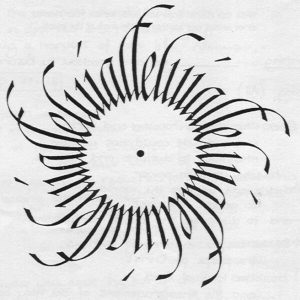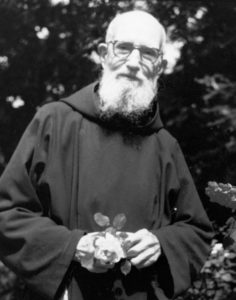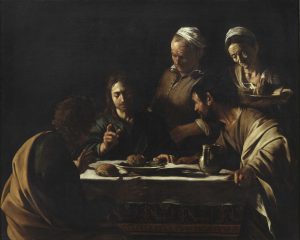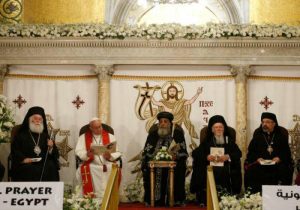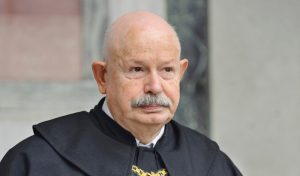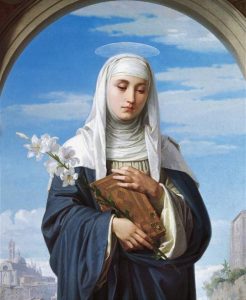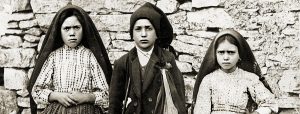 On May 13, 1917, Mary, the Mother of God, known also by a title of “Our Lady of Fatima,” revealed herself to three shepherd children in a small town in Portugal. 100 years later we firmly recognize and follow the lead Jacinta, Francisco, and Lucia who gave us a renewed opportunity to enter into deeper communion with our Lord and Savior Jesus Christ through His Mother.
On May 13, 1917, Mary, the Mother of God, known also by a title of “Our Lady of Fatima,” revealed herself to three shepherd children in a small town in Portugal. 100 years later we firmly recognize and follow the lead Jacinta, Francisco, and Lucia who gave us a renewed opportunity to enter into deeper communion with our Lord and Savior Jesus Christ through His Mother.
Saint John Paul II tells us that “the message of Fatima is, in its basic nucleus, a call to conversion and repentance as in the Gospel.”
At Fatima we were told to “Pray the Rosary, every day, in order to bring peace to the world.”
Hence, we pray for ourselves, indeed, all sinners, as we say the prayer Our Lady of Fatima asked to be added after each mystery of the Rosary: “O my Jesus, forgive us our sins, save us from the fire of hell. Lead all souls to heaven, especially those who are most in need of Thy mercy.” During the six monthly apparitions in 1917, Mary instructed Lucia, Jacinta, and Francisco to pray the Rosary daily for peace, and to make sacrifices for sinners, saying that “many souls go to hell, because there are none to sacrifice themselves and pray for them.”
So, today we celebrate the feast of Our Lady of Fatima with special solemnity, as we mark the 100th anniversary of her first apparition.
 “Commemorating our most holy, pure, blessed, and glorious Lady, the Theotokos and ever-virgin Mary, with all the saints, let us commend (παραθώμεθα, предадим, place before God, hand over) ourselves and one another and our whole life to Christ our God.” (Great Litany, Byzantine Divine Liturgy) [VL]
“Commemorating our most holy, pure, blessed, and glorious Lady, the Theotokos and ever-virgin Mary, with all the saints, let us commend (παραθώμεθα, предадим, place before God, hand over) ourselves and one another and our whole life to Christ our God.” (Great Litany, Byzantine Divine Liturgy) [VL]
